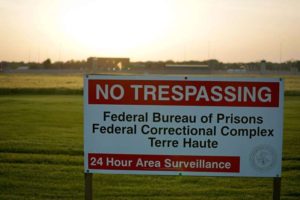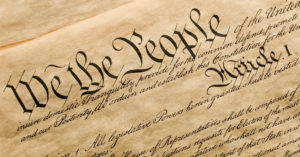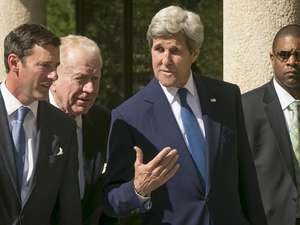John Walker Lindh became known as the American Taliban. He decided in 2000 to convert to a form of Islam, then joined the terrorists in Afghanistan.
Then came the 9/11 terror attack and the start of our war against terrorism. Lindh got captured early in that fight, was charged with crimes relating to his involvement with the Taliban and al-Qaeda, convicted and sentenced to 20 years in a federal prison.
He walked out of that lockup in Terre Haute, Ind., today. He will live in northern Virginia.
Has this lunatic disavowed his radical views? Apparently not!
That is what makes his release so troublesome, at least to me.
He got out of prison a bit early because he behaved himself while behind bars. Lindh was known to read the Quran daily. He prayed per Islamic tradition. Lindh was 22 years of age when he was captured.
He reportedly also has made pro-Islamic State statements while in prison. Still, the feds decided to turn this guy loose three years before the end of his term?
He was accused initially of a host of crimes related to the uprising in Afghanistan in which he participated, but worked out some sort of a deal in exchange for the 20-year prison term he received.
The feds have put some constraints on Lindh, trying to ensure they keep an eye on him. I’m going to presume he will be unable to leave the country and rejoin his Taliban pals. He also will be disallowed from having any non-English-language telecommunications equipment and his Internet use will be monitored carefully.
There’s just something about this story that gives me the heebie-jeebies.
I hope the federal authorities keep all eyes wide open on this guy and watch his every move.


